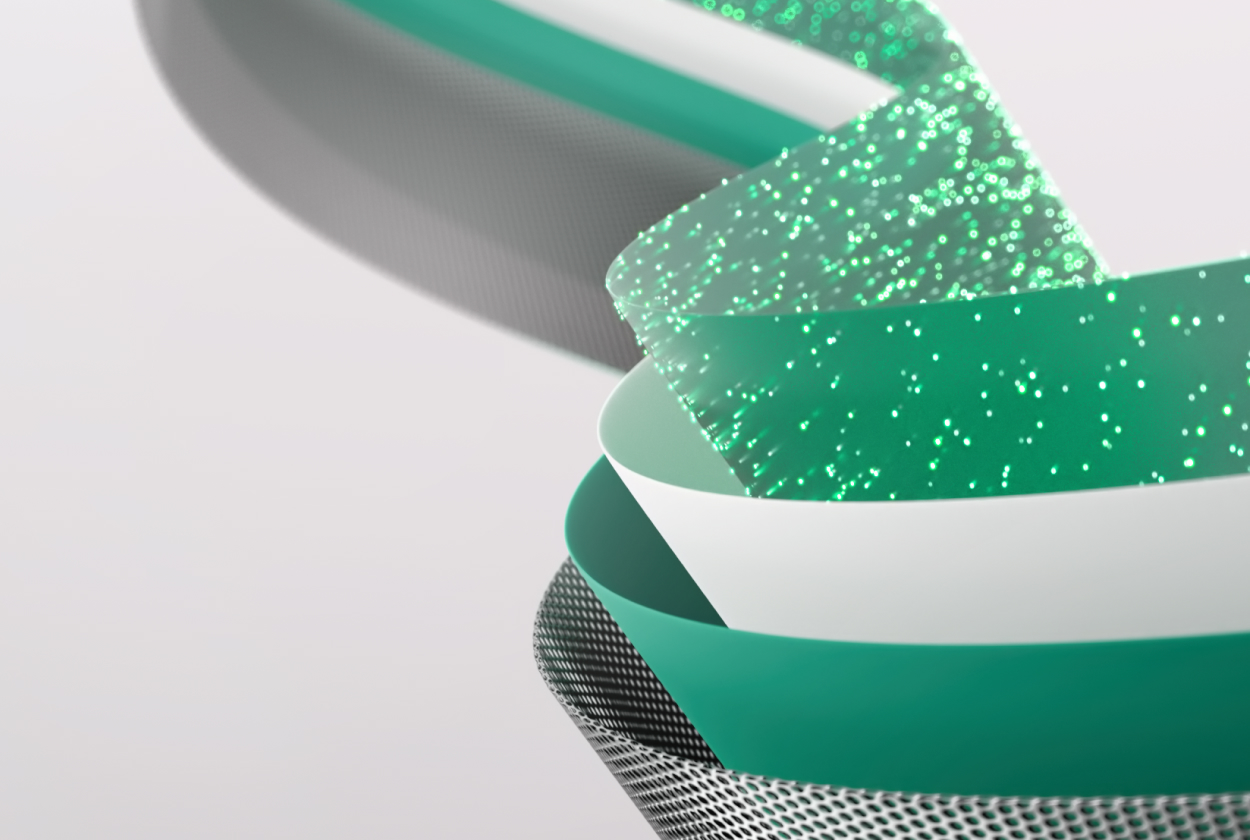Announcing the General Availability of Fast Copy in Dataflows Gen2
Fast Copy in Dataflow Gen2 is now General Available! This powerful feature enables rapid and efficient ingestion of large data volumes, leveraging the same robust backend as the Copy Activity in Data pipelines. With Fast Copy, you can experience significantly shorter data processing times and improved cost efficiency for your Dataflow Gen2. Additionally, it boosts …
Continue reading “Announcing the General Availability of Fast Copy in Dataflows Gen2”
